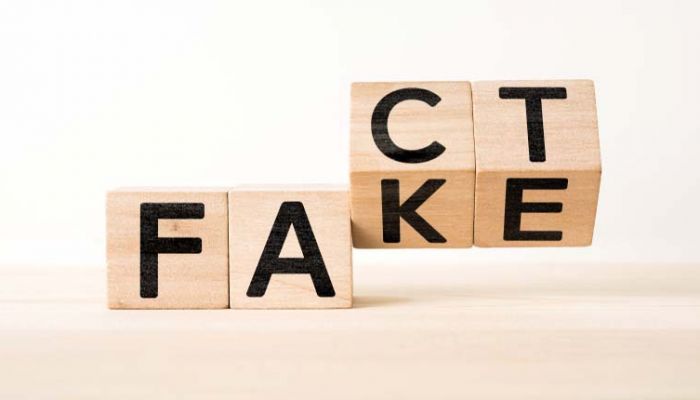FAKE NEWS: tackling disinformation in society
Thanks to Donald Trump, ‘fake news’ is what people typically think of upon hearing the phrase ‘disinformation’, though in reality it covers a whole host of sharing false information, from misconstrued comments to propaganda.
At the recent newsrewired event, a panel of disinformation experts discussed its impact on news today. The session covered both sides of what makes disinformation spread – newsrooms not verifying information before publishing as well as audiences sharing information they are unsure is real.
BBC’s Alistair Baker Coleman thinks the responsibility to verify falls on publishers, platforms and tools, saying: ‘People don’t have time to check if something is true’.
Many publishers already have a process for confirming information is correct and factual, but now people are turning their focus towards platforms and tools where content is being shared by individuals.
The major social media platforms continue to implement techniques for spotting and removing false and malicious content, but these are far from perfect and not nearly comprehensive enough to tackle fake news completely.
Tom Phillips of Full Fact believes that there should be more focus on the end user and there is a need to show people how to trust. Phillips suggested that a toolkit helping people understand when to trust, and when not to, could assist in curbing the spread of disinformation.
A piece of information has very few ways of being right and infinite ways of being wrong, and it’s now so easy to access and share that the wrong information can quickly become the ‘accepted’ information. Accurate or not, if people are seeing content they agree with, or even strongly disagree with, they are more likely to distribute it on social media or across private messenger services.
Aoife Gallagher of Storyful thinks that teaching children from a young age could be the key, she said: ‘Students need to know how to spot disinformation and navigate the internet’. There was a general consensus that education about fake news, and the dangers of spreading it, was currently lacking but rolling out education for the masses is a huge job with questionable results. What is clear is that disinformation is now an undeniable part of our society.
An element not introduced to the discussion was the role PRs and comms professionals can play. They have the ability and the power to help set the record straight, providing authoritative expert analysis and opinion and help both the media and audiences with the truth.
Ready to reach the right journalists with the truth? Find out more about the Vuelio Media Database.





Leave a Comment